AutoTonic: a new MIDI scale and transposition tool
I am not sure how interesting all this night sound, and I’m having a hard time wrapping my head around exactly what it’s all about. Designer Clemens Slama says that he’s spent four years developing AutoTonic. Apparently it “rewrites the book on what’s possible with MIDI processing engines”. It doesn’t simply transpose notes, oh no, this is a completely different approach allowing you to play authentically in any scale from your wildest dreams.
AutoTonic (not a garage in Petersfield – thanks Google)
AutoTonic combines scale mapping with a key-switch method that is placed right next to your note-playing fingers. Nope I still don’t know what it’s trying to say. It seems to say that it will map any possible scale to the white keys on your keyboard “in real-time”. No, still not getting it. Ok I’ll download the demo and see if I can pull some sense out of this piece of software…
Ok, right, what it does is slaps a defined scale across the white notes. So you want a blues scale – rather than having to learn the scale and play the flats and sharps it is instead mapped across the white keys. So the D becomes the E flat, the E the F, the F the F# and so on up the scale. I can then play like an old blues pianist by trilling about on the white keys. The black keys are employed as key switches. You can change scales on the fly simply by hitting the appropriate black key.
AutoTonic comes with 50 scales ready to go and you can import more or build your own. They make a lot of the educational aspects. Each scale comes with detailed information about the origin and usage and I can see this being very useful to students of music.
How useful is it?
Evidently, a lot of work and thought has gone into creating AutoTonic. It does fulfil it’s promise of making switching scales on the fly very easy – although I’m not sure when I’d need to do that. I think generally locking a keyboard to a scale can be very useful when trying to find new melodies. StageLight has a similar ability in its Key Lock function. Reason 9 has just introduced a Scales and Chords device which does something similar with a different approach. And various MIDI plug-ins have achieved similar results in lots of DAWs. So I’m not convinced by its claims to be ground shaking, game changing or book rewriting. But it’s certainly excellent at what it does. There’s a great deal of depth here for people wanting to uncover the nature of music itself.
The only slightly annoying quirk is that it’s purely stand-alone. It doesn’t work inside your DAW or sequencer and comes with no plug-in host engine for playback. You have to use a virtual MIDI drive to route it to something that makes sound – or back out to the external sound module that everyone has these days (not). It’s not the end of the world and means it can be compatible with any software you want to use – it’s just a bit of a faff.
AutoTonic is available now for OSX and Windows for $179.
More information and a 14-day demo is available from the AutoTonic website.
One response to “AutoTonic: a new MIDI scale and transposition tool”

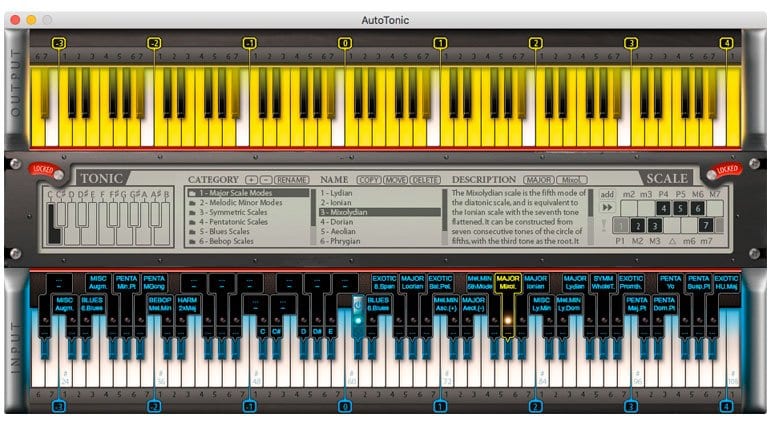

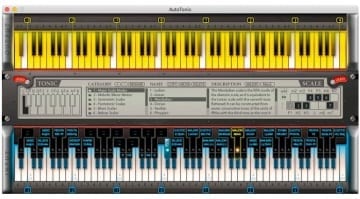

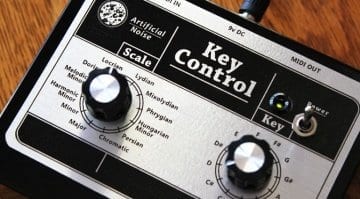
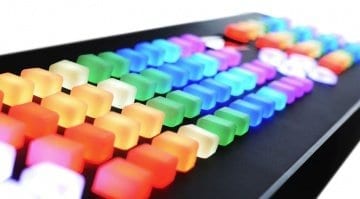
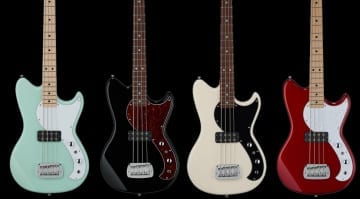
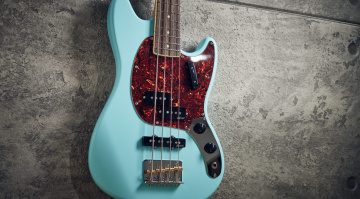
There are people who should write tech reviews and then there are people who should stick with anything else …